Google Android has grown exponentially in the past couple of years. Gartner Research recently predicted that by the end of 2011, Google Android will become the most popular smartphone operating system worldwide and will account for 49 percent of the smartphone market by 2012. It is therefore interesting to see which Android phones will be jockeying for leadership position in the months to come.
Upgrades to last year’s best-selling Android phones are due to hit the market, while some new models will be trying to get a piece of the action. Let’s look at the major Android phone models that are due for release.
HTC Desire S
The HTC Desire S follows the footsteps of the highly successful HTC Desire. The HTC Desire S sports some upgrades to the HTC Desire but a quick look at the specs sheet will reveal that these upgrades are not game-changing. Notable improvements are higher memory, the addition of a front-facing camera, a slightly better battery, and the Android 2.3 Gingerbread OS.
Features:
- 3.7-inch screen with 480 x 800 resolution
- 1 GHz Processor Speed
- 1.1 GB internal Storage
- microSD expansion
- 5 megapixel camera with LED flash
- VGA front camera
- 720p HD video recording
Samsung Galaxy S II
The Samsung Galaxy S II is an upgrade to another bestselling model, the Samsung Galaxy S. The Samsung Galaxy S is a major Android product from Samsung and heralded the entry of the Korean tech company into the Android phone market. It was the first to feature an AMOLED screen, arguably one of the best screens ever made. It is therefore no surprise that the Samsung Galaxy S was one of the bestselling phones in 2010.
The Samsung Galaxy S II aims to repeat, if not improve, the market performance of the Samsung Galaxy S. The new model boasts of a dual core processor and a very attractive slim design. This phone is expected to continue the Galaxy S’s legacy, and there is no doubt it will. The inclusion of a dual core processor and the use of a larger screen make the Samsung Galaxy S II a significant upgrade of the first Samsung Galaxy S.
Features:
- 4.3-inch Super AMOLED
- Dual Core Application Processor
- 16GB/32GB memory
- MicroSD expansion
- Camera
- 8MP Camera with LED Flash
- 2MP Front camera
- Android Platform 2.3
- HD 1080p recording & Playback
Sony Ericsson Xperia Arc
It is undeniable that Sony Ericsson gained some success with its Xperia X10 Android handset. Although the Xperia X10 was severely criticized for the lack of significant Android OS upgrades, its form factor got a few nods. But the inclusion of Sony Ericsson’s own user interface slowed down the device. With the Sony Ericsson Xperia Arc, Sony Ericsson seems to have made the right adjustments. This very slim device will come with an Android 2.3 Gingerbread OS and will incorporate Sony’s Bravia technology.
Features:
- 4.2-inch TFT screen with 480×854 resolution
- 1GHz processor
- 320MB memory
- microSD expansion
- 8.1 megapixel camera with Sony Exmor R for mobile CMOS sensor
- HDMI connector
- 8.7 mm. thickness
- Sony Mobile BRAVIAn Engine
LG Optimus 2X
LG was the first to announce the production of a dual-core Android phone. The LG Optimus 2X is indeed the world’s first smartphone with a dual-core processor. LG promises fast performance and lag-less multitasking with this handset. With the inclusion of an NVIDIA graphics processor, this device offers console-like gaming experience. What’s sad is the LG Optimus 2X will reportedly ship with Android 2.2 Froyo. Hopefully LG will offer a Gingerbread upgrade in the future.
Features:
- 4-inch TFT LCD WVGA Capacitive Screen
- Dual Core Processor
- 8GB
- microSD expansion
- 8MP camera with LED falsh
- 1.3MP front camera
- HD Recording & Playback
- Mini HDMI interface
Which one’s your pick?

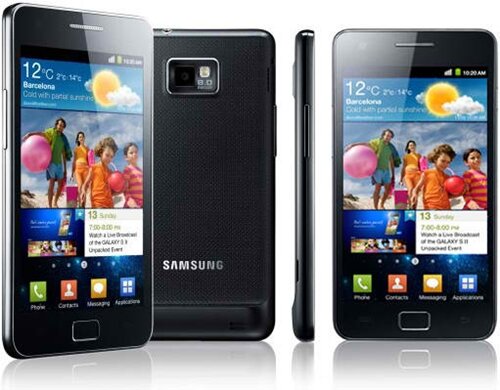

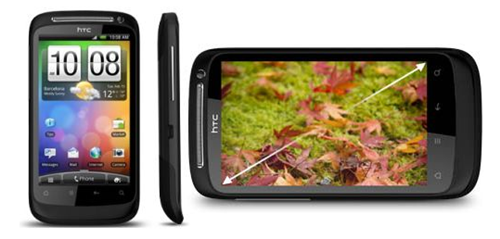

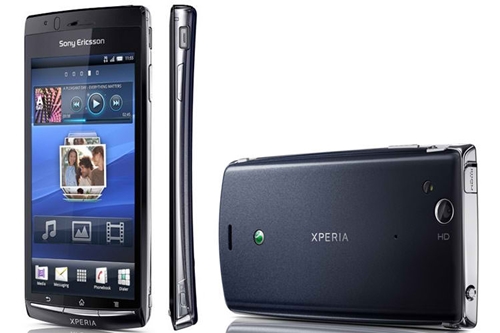
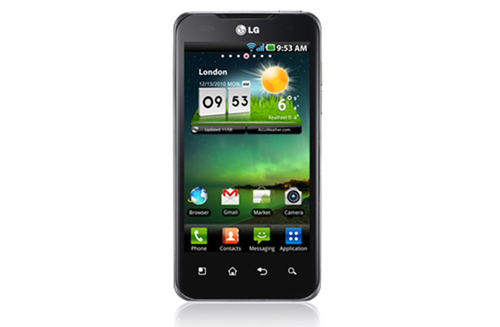

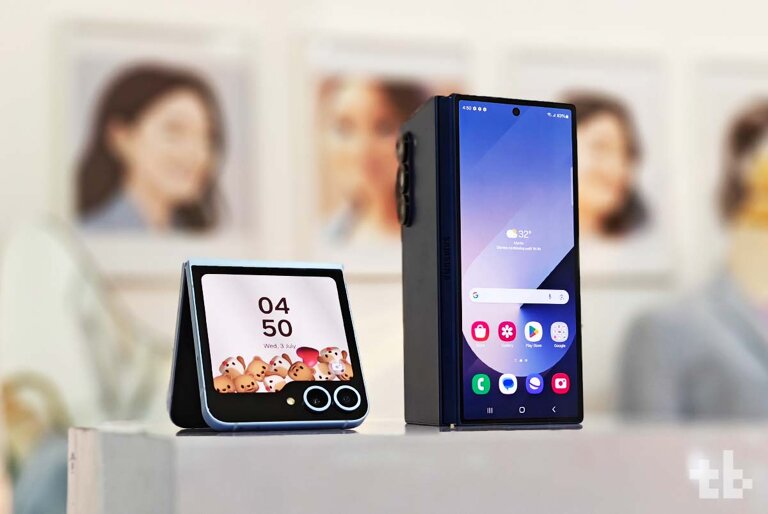
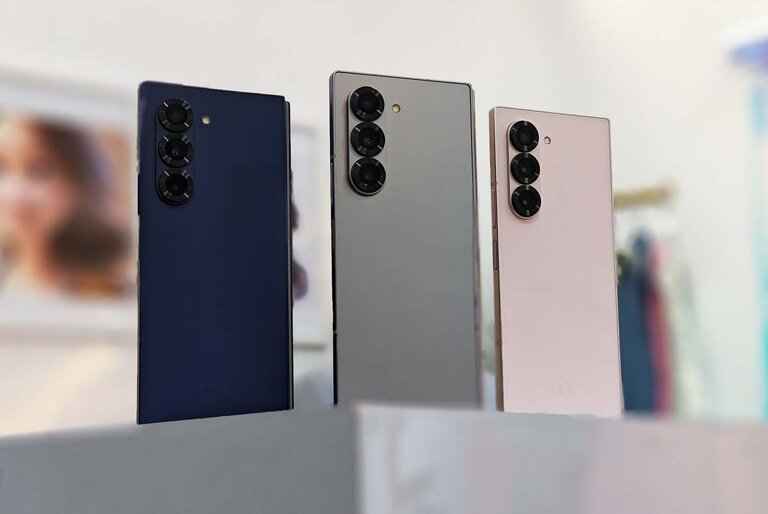
31 Comments
Starting May16, 2011, Watch out for LG Optimus Amazing Discounts! Get as much as Php 5,000.00 savings! Visit this page and wait for the Discount Announcement for the day! http://lgoptimus.tmsmanila.com
thanks for the heads up